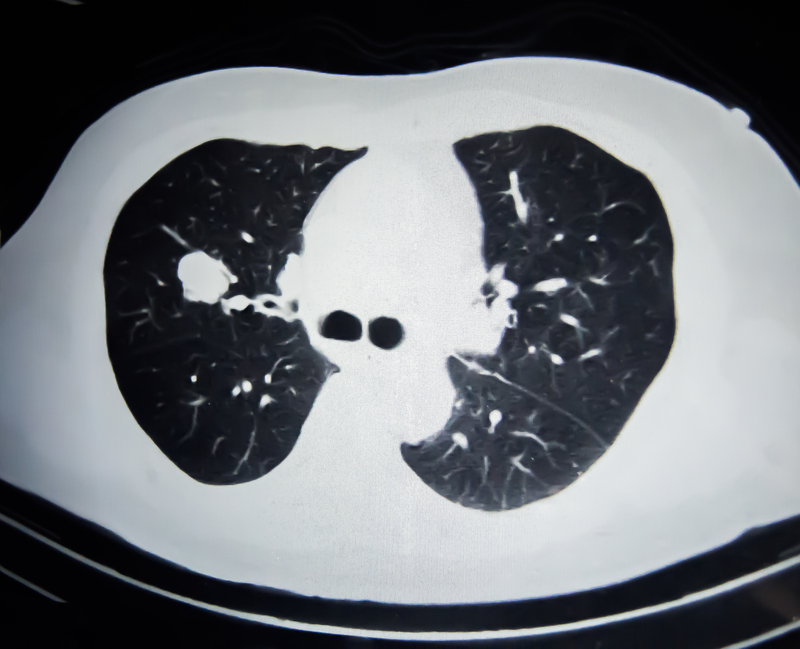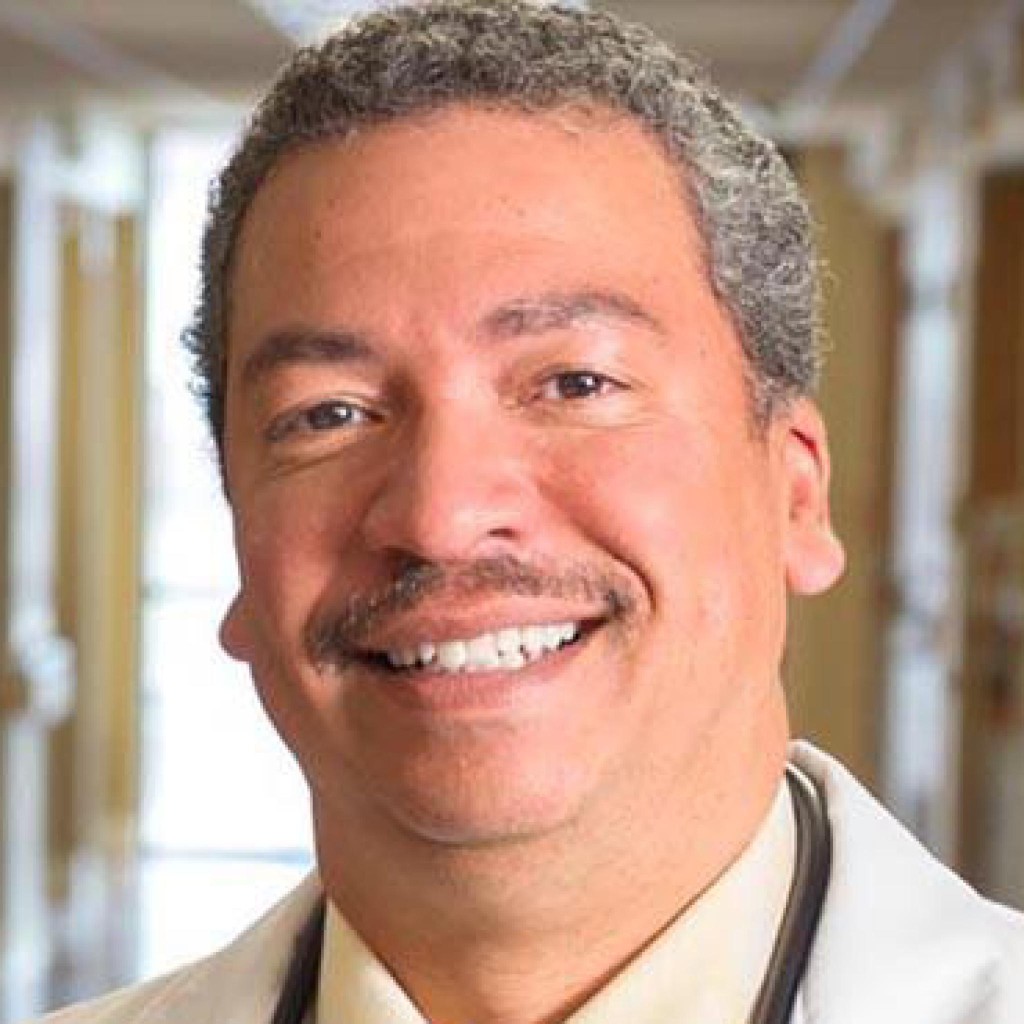Although the rate of lung cancer may appear similar between African Americans and White Americans at first, further analysis shows that African Americans actually have a 32% higher age-adjusted incidence of lung cancer. Additionally, African Americans are diagnosed with lung cancer at a younger age than White Americans, with a difference of three years. It is interesting to note that even though African Americans tend to start smoking later in life compared to White Americans, they are still more likely to be diagnosed with lung cancer as intermittent and light smokers.
Please Stop Smoking

While smoking is known to be the main cause of lung cancer, other factors can also contribute to developing this disease. These factors include alcohol consumption, being overweight, exposure to radon, and some geographical location, among others.
It is interesting to note that a study conducted on Kaiser Permanente patients showed that drinking three glasses of alcohol per day was associated with a higher risk of lung cancer in Whites, but no such association was found in African Americans.
Vitamin D Deficiency Contributes to Cancer Risk
Once again, multiple studies have linked vitamin D deficiency with increased lung cancer and 4 out of 5 African Americans have low vitamin D. The higher the vitamin D level, the lower your risk for lung cancer another study found. Too many people skip taking vitamin D because they are unaware of this connection.
Even in people with lung cancer, bringing their vitamin D level up increased their prognosis.

If you smoke, or have a history of smoking, taking vitamin D is an easy step to “try” to lower your risk (there are no guarantees!!), and if you get cancer, making sure your vitamin D level is normal is VERY important.
Vitamin E May Be Bad For You
There is clear inconsistency in whether vitamin E increases or decreases your risk for lung cancer. Some studies said vitamin E increased your risk, while other studies said it decreased your risk. It’s very confusing. African Americans have the second highest risk for lung cancer, so until the scientists have a clear conclusion, it may be best to avoid vitamin E supplements. Everyone agrees that foods that are high in vitamin E are perfectly safe.

Urban Living Near a Factory Increases Risk

Living near industrial pollution sources like factories has been shown to increase the risk of lung cancer death in those communities. Unfortunately, African Americans are exposed to this industrial pollution at a much higher rate because they live more in the city. Additionally, Blacks living near industrial pollution have even higher lung cancer rates than expected, suggesting that factors other than tobacco exposure play a role in this population. The worst is living near an industrial factory AND smoking.
Get Screened for Lung Cancer
With the approval of low-dose CT scans as an annual screening for early detection of lung cancer in adults aged 55 to 80 who have a history of smoking (and currently smoke or have quit within the last 15 years), we can expect a considerable decrease in lung cancer death due to early screening. However, African Americans, who tend to start smoking later in life, smoke fewer cigarettes, have more advanced tumors at diagnosis, and live in areas with a higher concentration of industrial activities, are more likely to be considered ineligible for screening despite having a significantly increased risk of developing lung cancer.

We need to make sure the people who need to get screened get screened. Amazing therapies have been developed for lung cancer, and finding these cancers early makes all the difference!! If you have a significant smoking history, ask your doctor to screen you.










